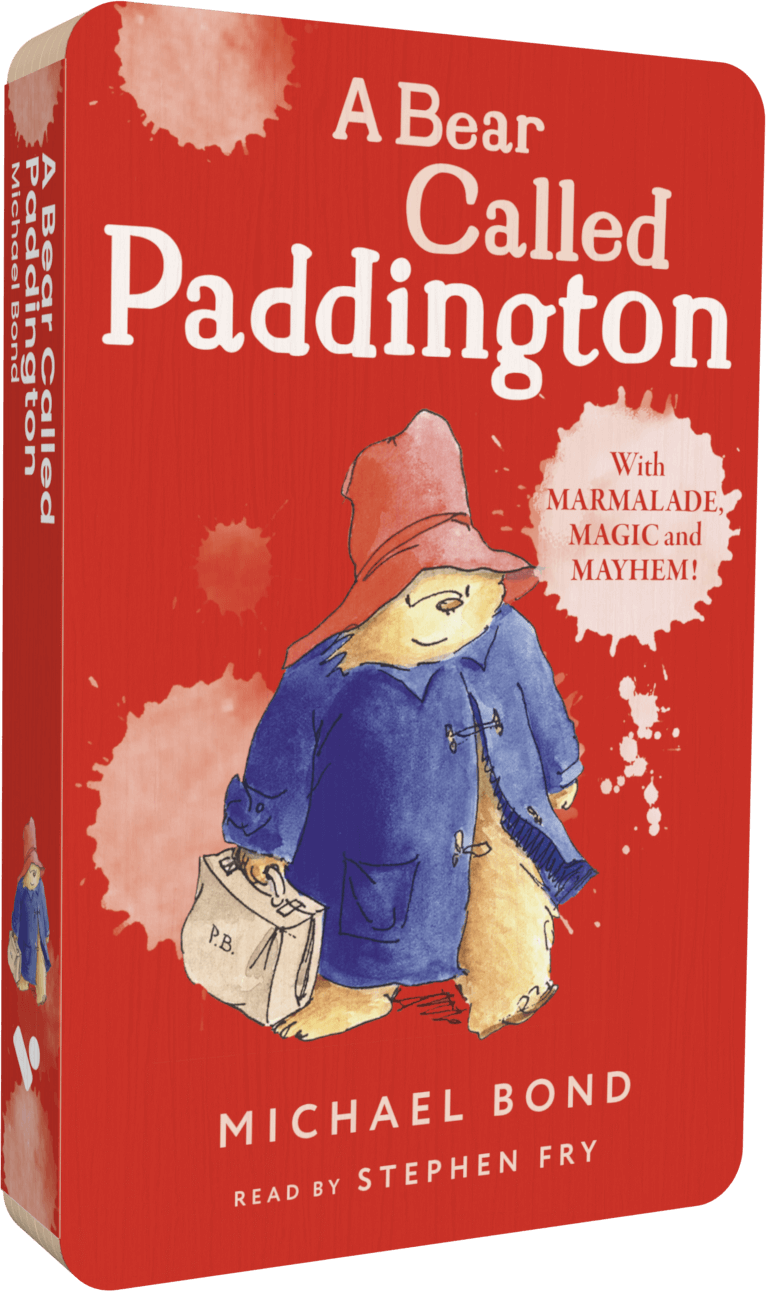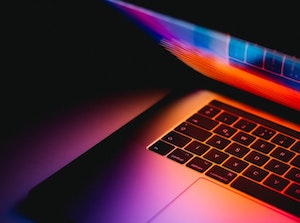What’s your favourite audiobook? Now, take a second to think about why you like it so much. Presumably, you enjoyed the story. But there must be other factors that cemented its place in your heart. And those factors are - probably - down to the narration. The accent, the different voices that were employed for each character, or perhaps the voice just sounded nice.
Plenty of audiobook listeners say that they will return to the work of their favourite narrators again and again - much like one would a favourite author. But how would you feel if you found out that your favourite narrator wasn't actually a person at all?
Benefits of AI voices in audiobooks
The role of AI and computer generated voices in audiobooks is a hot topic in the publishing industry at the moment. Many fans are up in arms, as are voice actors - understandably so. But is there any value to using a computer generated voice? Could such a move actually benefit listeners?
Perhaps the biggest pro of using AI, and the reason why the prospect is being so seriously considered in the industry, is the significantly lowered costs. Producing an audiobook is an expensive business, with the traditional process generally taking around two hours of work for every one hour of finished audio. And voice talent is a significant cost within that. Automating the recording process, and use of a computer generated voice, has the potential to significantly lower production costs, and in turn the cost of the audiobook itself. Is loss of the human touch a price worth paying for increased accessibility?
If adapting a book into audio is seen as less of an investment for the publisher, then arguably this would increase the number of books eligible for adaptation. Books by indie presses, or those covering niche topics, might have a greater chance of making it into audio formats. Surely this would be a good thing for all?
Downsides of audiobooks and AI
Unfortunately it’s not quite so simple, and use of AI technology has its downsides. Most notably, the devaluing of voice actors, and the loss of jobs that this would entail - not just for actors, but also for the producers and directors who are required to ensure the best performance possible.
Loss of personal connection could also be a negative side effect. Are listeners as likely to become fans of a certain voice, if that voice is created by an algorithm rather than a person? Not to mention the capabilities of computer generated voices. Of course, the technology has advanced significantly in recent years, but it’s not perfect by any means. Would a computer be able to handle the expansive, ensemble cast audio dramas that audiences are increasingly clamouring for?
AI is a divisive topic, with some strongly feeling that it has no place in the audiobook industry, and would cost both fans and jobs. Others argue that it would increase the amount of audiobooks in listeners’ hands - surely a good thing. But perhaps there is a middle ground to be found. Hachette have said that they are using AI to create advanced copies, while it’s also been suggested that AI could be used to screen for misreads and mistakes, ensuring the highest possible quality of recording. It’s a hard balance to be found, but perhaps the audiobook industry could find a way for the human voice and AI technology to complement one another. If we can maintain the human touch while also easing the production process, surely this would be the ultimate leap forward in audiobook accessibility.
Sources:
AI Influence on Audiobooks Grows—As Does Controversy
What do Listeners think about AI Voices for Audiobooks?
How AI can help you with your audiobook productions: text and audio formats





